
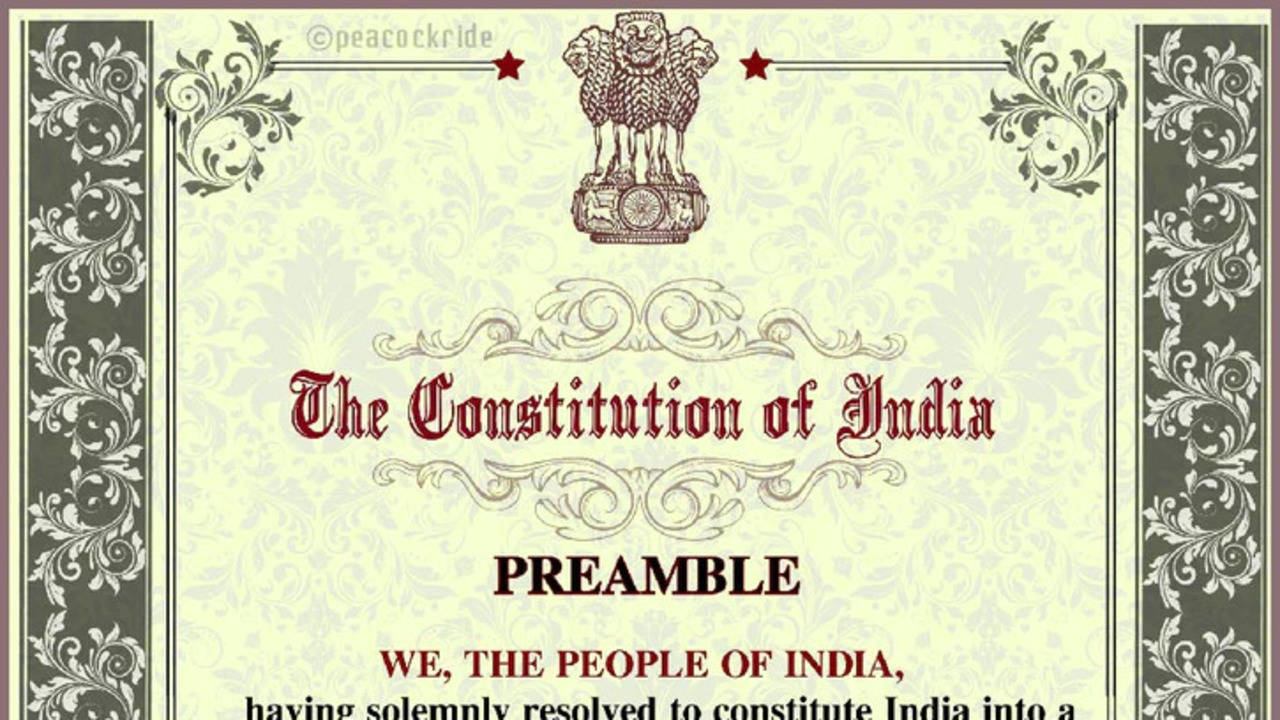
The Supreme Court has dismissed a set of petitions demanding the elimination of "secular", "socialist" and "integrity" from the Preamble of the Indian Constitution. The court stated that after 44 years of their introduction in 1976 by the Indira Gandhi government, there is no genuine reason for challenging the Constitutional amendment. The petitioners, including Subramanian Swamy, argued that these words violate the basic structure of the Constitution, but the apex court disagreed and emphasized that parliament holds the power to amend it. The court also pointed out the delay in filing the petition and clarified that parliament's power to amend the Constitution is not constrained by the date of its adoption.
The Preamble to the Indian Constitution: A Matter of Debate
The Preamble to the Indian Constitution, adopted on November 26, 1949, is a declaration of the ideals and aspirations of the Indian people. It sets out the fundamental principles of the Indian state, including its sovereignty, democracy, republic, secularism, socialism, and justice.
The 1976 Amendment
In 1976, during the Emergency period, the Indira Gandhi government amended the Constitution to include the words "secular" and "socialist" in the Preamble. The amendment also substituted the word "integrity" for "sovereignty" in the phrase "Sovereign Socialist Secular Democratic Republic of India."
The Recent Petition
In 2020, a group of petitioners, including BJP leader Subramanian Swamy, filed a petition in the Supreme Court demanding the deletion of the words "secular," "socialist," and "integrity" from the Preamble. They argued that these words violate the basic structure of the Constitution.
The Supreme Court's Decision
In August 2022, the Supreme Court dismissed the petitions, stating that after 44 years of their introduction, there was no genuine reason for challenging the constitutional amendment. The court noted that Parliament holds the power to amend the Constitution and emphasized that the amendment did not violate its basic structure.
Top 5 FAQs
1. What is the Preamble to the Indian Constitution?
The Preamble is a declaration of the ideals and aspirations of the Indian people and sets out the fundamental principles of the Indian state.
2. Why were the words "secular" and "socialist" added to the Preamble?
They were added in 1976 to reflect the government's commitment to socialism and secularism.
3. Why did the petitioners want to remove these words?
They argued that the words "secular" and "socialist" violate the basic structure of the Constitution and undermine the sovereignty of the Indian state.
4. What was the Supreme Court's reasoning for dismissing the petitions?
The court stated that after 44 years of their introduction, there was no genuine reason for challenging the amendment and that Parliament holds the power to amend the Constitution.
5. What are the implications of the Supreme Court's decision?
The decision upholds the validity of the 1976 amendment and confirms Parliament's power to amend the Constitution. It also suggests that the basic structure of the Constitution is not static and can evolve over time.
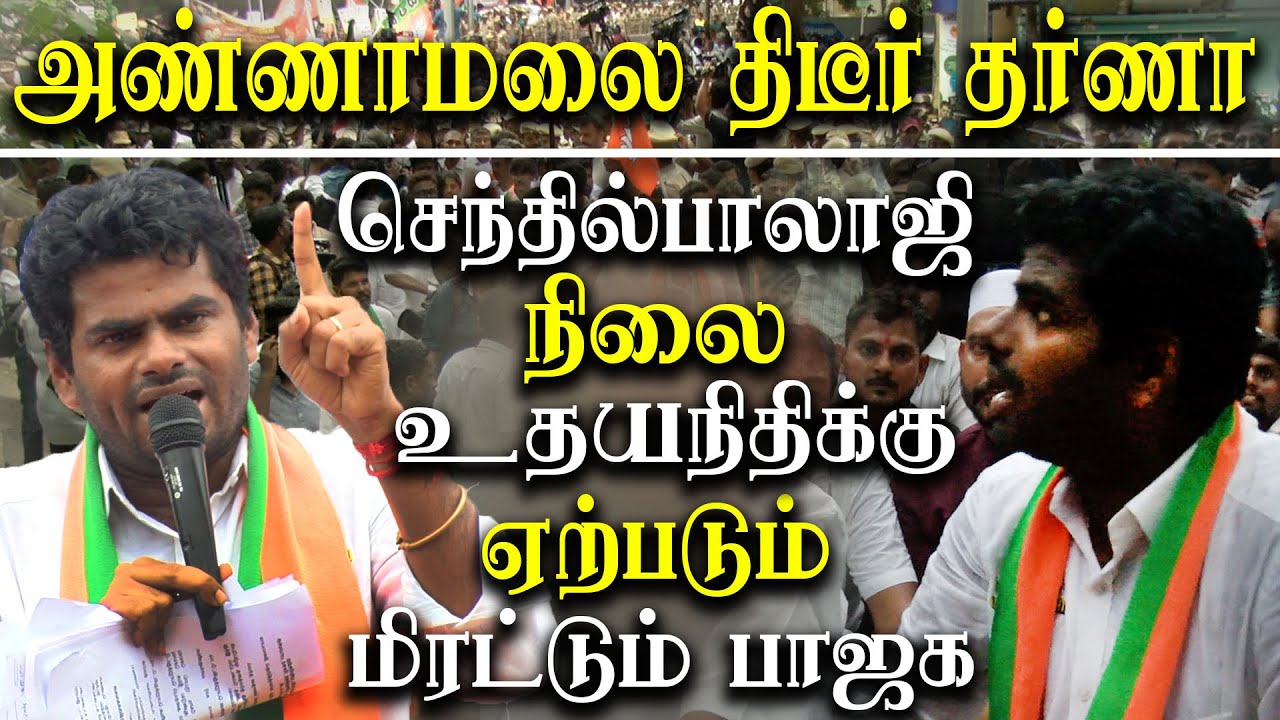
In a shocking display of protest, BJP leader K Annamalai lashes himself six times and vows not to wear footwear until DMK is removed from power in Tamil Nadu. He also plans to visit all the six abodes of Lord Muruga to complain about the situation in the state. Despite the AIADMK being the main opposition, Annamalai's dramatic move has helped the BJP seize the initiative on the sexual assault case at Anna University in Chennai. He has also called out the party's shortcomings and questioned the whereabouts of the Nirbhaya Fund.
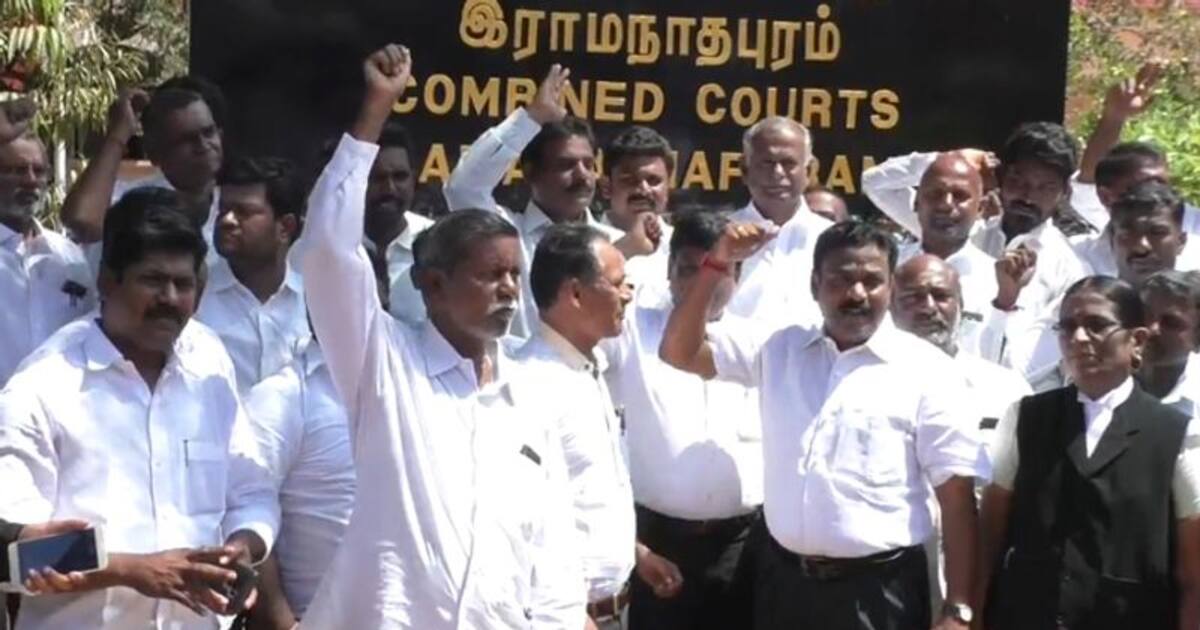
Tamil Nadu BJP chief K Annamalai staged a dramatic protest in Coimbatore, flogging himself to condemn the state police and ruling DMK party for their handling of a sexual assault case. The former IPS officer accused them of deliberately disclosing the victim's identity and announced that he will not wear footwear until the government is dislodged. The incident, which occurred on Christmas eve at Anna University, has sparked widespread outrage and calls for better protection of women's safety in the state.
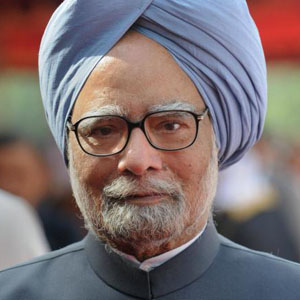
Former Prime Minister Manmohan Singh passed away at the age of 92 on Thursday at AIIMS Delhi. His death was confirmed by AIIMS in their bulletin, which led to an outpouring of condolences from leaders across the political spectrum. Singh, known for his role in shaping modern India with economic reforms, retired to his iconic bungalow in Lutyens' Delhi after stepping down from office in 2014.
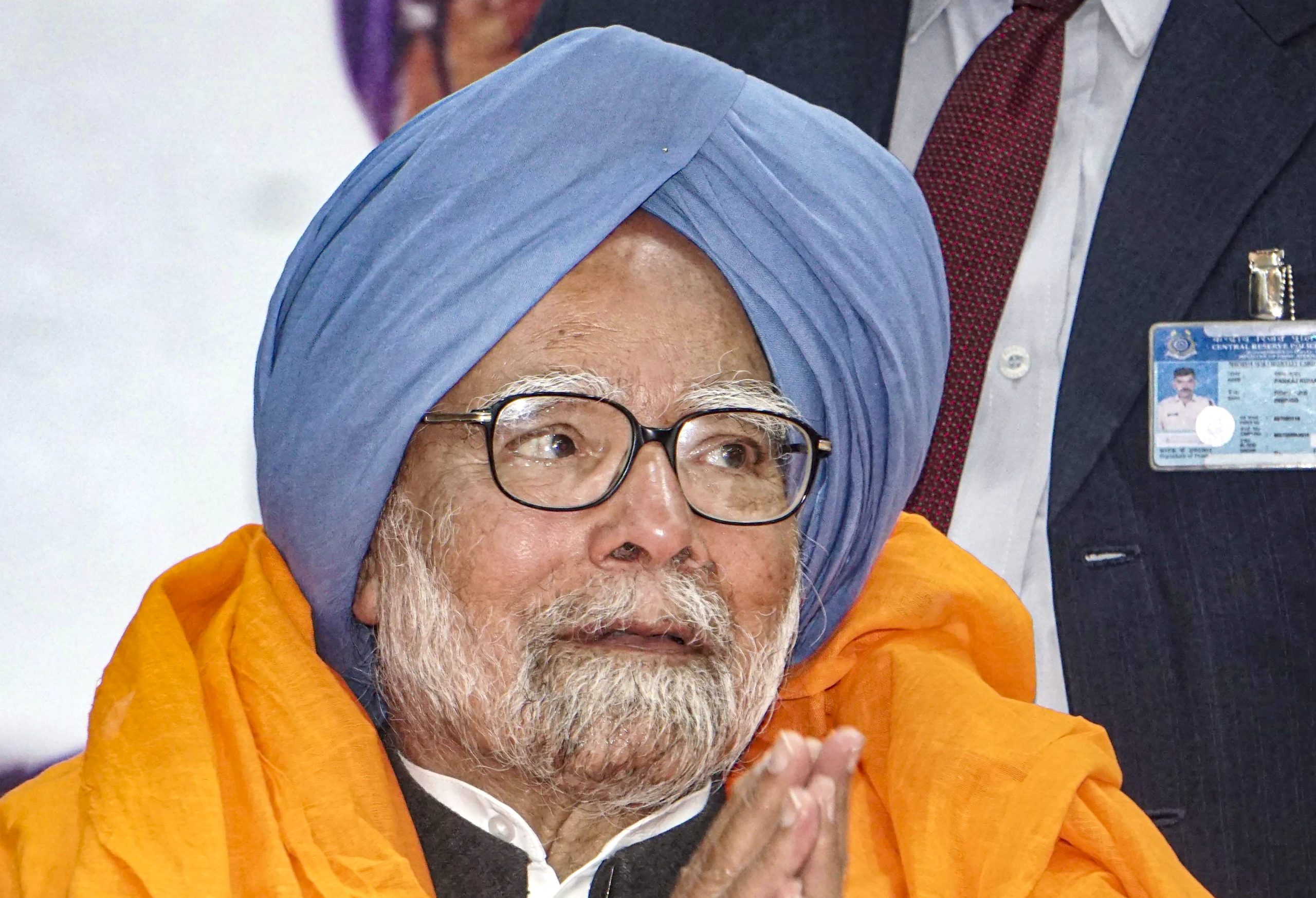
The passing of former Prime Minister Manmohan Singh at the age of 92 due to age-related health issues has left the nation in mourning. Singh, who was admitted to AIIMS Delhi on Thursday evening, is being remembered for his economic revolution and progressive changes during his tenure. Political figures, including Priyanka Gandhi's husband Robert Vadra, have expressed their condolences for Singh's family and praised his service to the country. This is a developing story, stay tuned for updates.
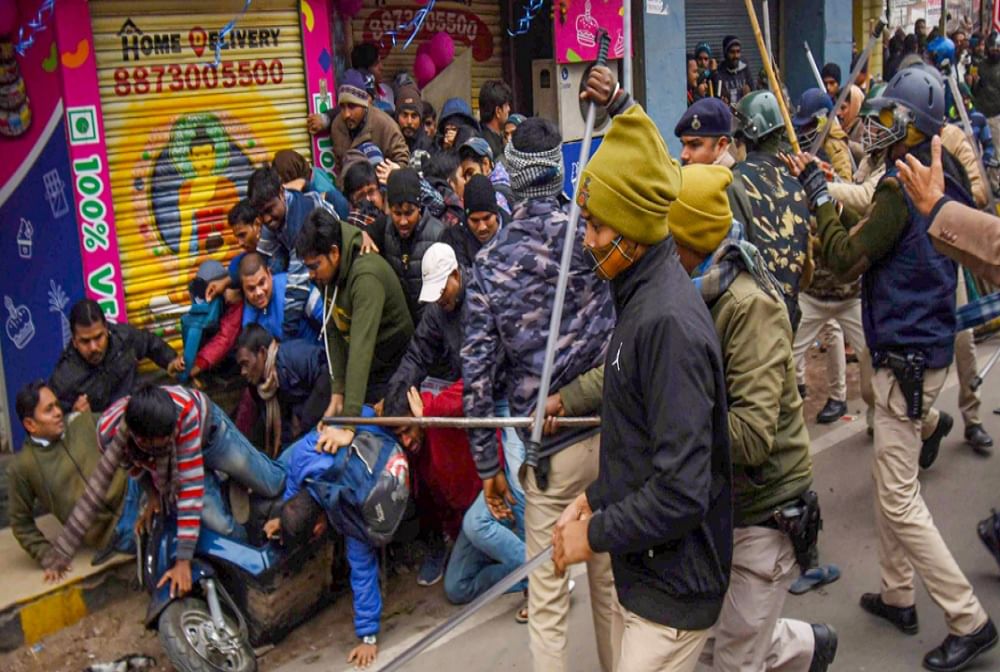
The streets of Patna, Bihar have been filled with chaos and tension as aspiring candidates for the Bihar Public Service Commission (BPSC) staged protests and attempted to gherao the BPSC office. With allegations of irregularities in the BPSC exams, the aspirants are demanding the cancellation and re-examination of the exam. The situation escalated when the protesting students were met with force by the police, leading to a standoff between the two groups.
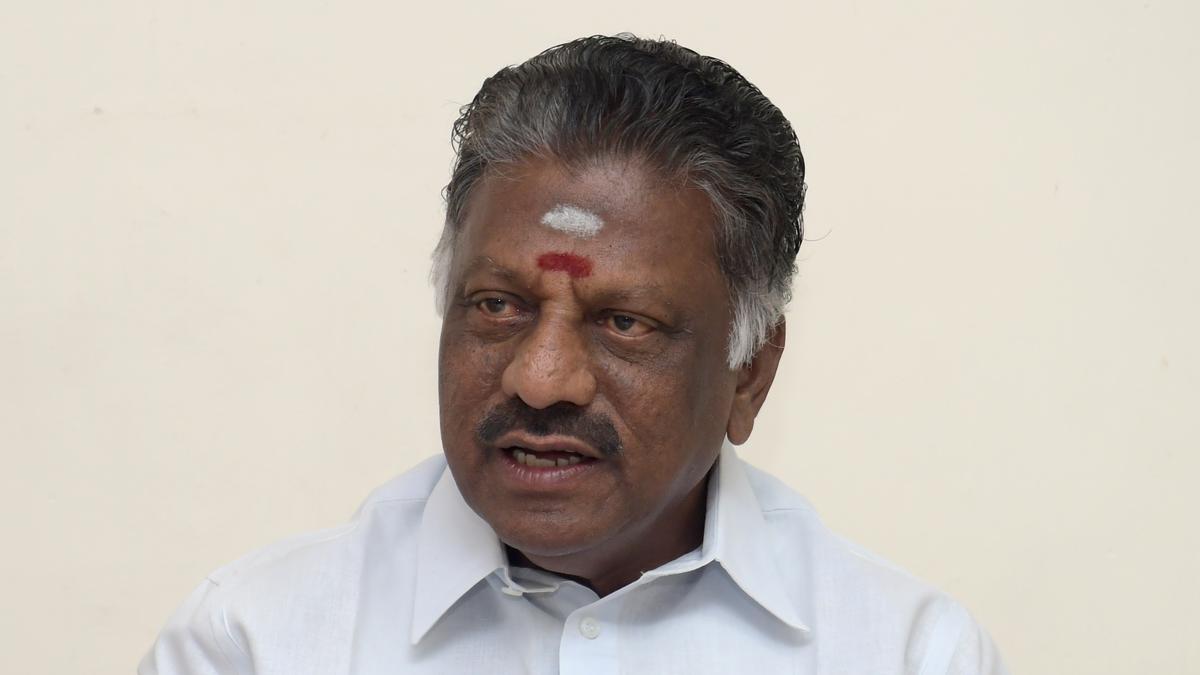
A viral post claims that Udhayanidhi Stalin mocked Hinduism and proclaimed himself as a proud Christian. However, our investigation revealed that the video was edited to misrepresent Stalin's remarks. In his full speech, Stalin also identified as a Muslim and a Hindu, promoting religious equality and unity. Reports and the original footage of the speech further prove that the viral video was misleading.
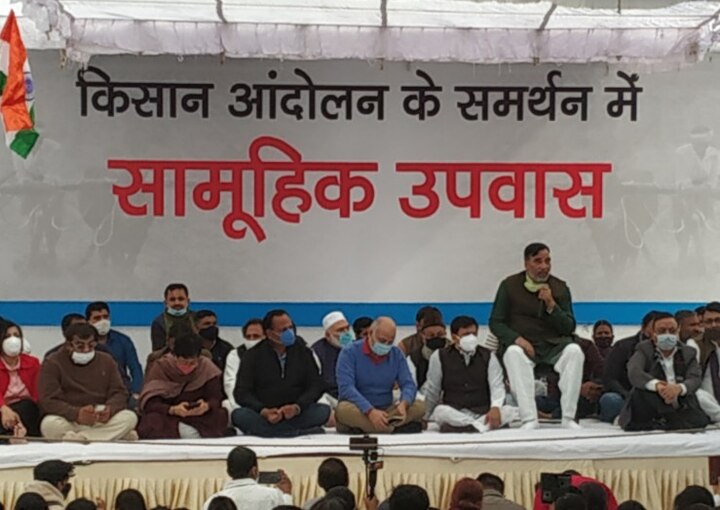
A delegation of Aam Aadmi Party (AAP) leaders, including prominent Ministers and MLAs, visited the Khanauri border to meet Jagjit Singh Dallewal, who is on a hunger strike for farmers' rights. Concerned about his deteriorating health, they urged him to seek medical treatment. The party also criticized the Central government for failing to fulfill its promises to the farmers and offered their support in the ongoing struggle.
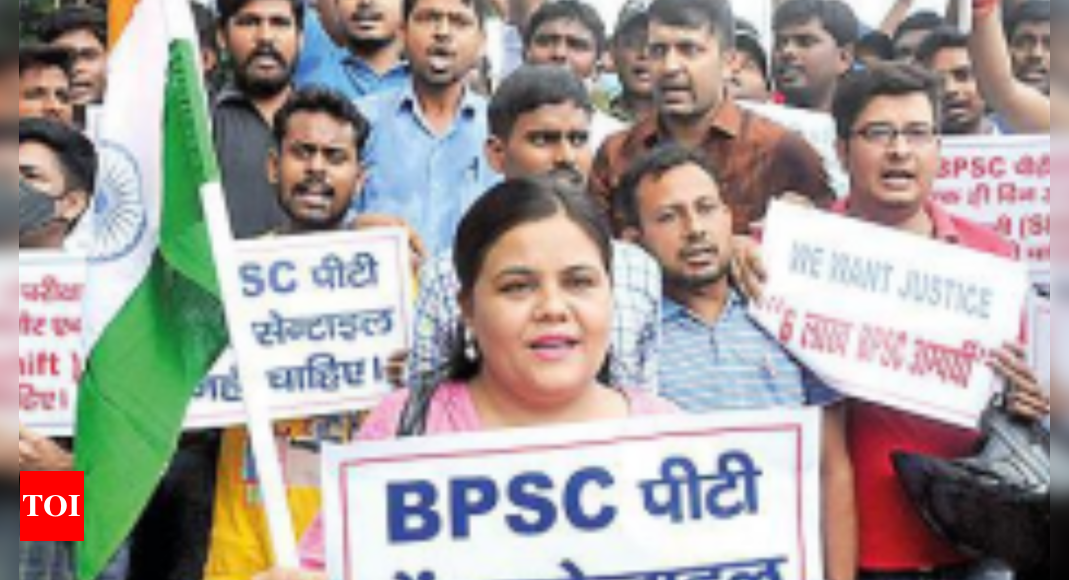
Aspirants of the Bihar Public Service Commission (BPSC) have been protesting for eight days now, demanding a re-examination of the 70th BPSC exam. Independent MP Pappu Yadav has joined the protest and appealed to opposition MPs and MLAs to show their support. YouTuber and educator Faisal Khan, known as Khan Sir, has also joined the protest and urged the BPSC to consider the plight of the students. The BPSC aspirants have previously met Bihar BJP President Dilip Jaiswal and have also protested against changes in the exam pattern and the normalisation process.
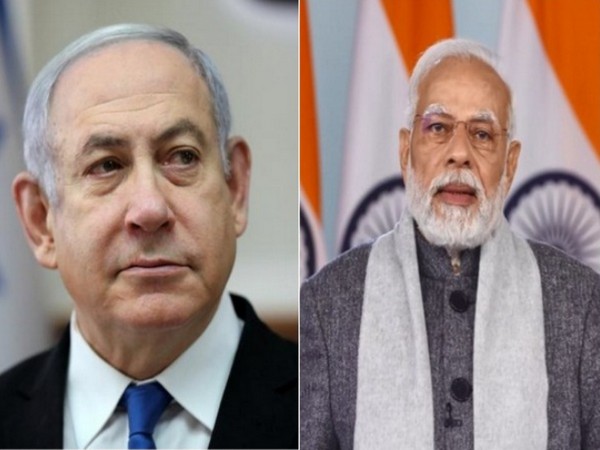
Indian Prime Minister Narendra Modi and President Droupadi Murmu wished Israeli Prime Minister Benjamin Netanyahu and the global Jewish community a happy Hanukkah, a festival that celebrates hope and freedom. In his message posted on X in English and Hebrew, PM Modi expressed his hope that the radiance of Hanukkah would bring peace, strength, and hope to everyone's lives. President Murmu also extended her warmest greetings to Israel President Isaac Herzog on this auspicious occasion.
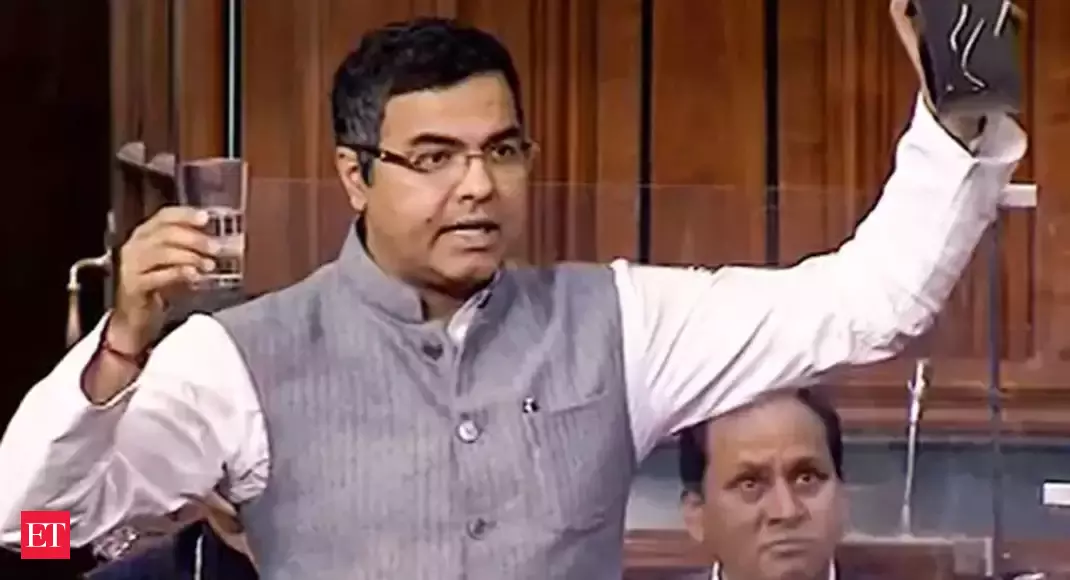
Delhi CM Arvind Kejriwal has accused the BJP of planning to declare Parvesh Verma as its chief ministerial face for the upcoming Delhi Assembly Elections. This comes amid a heated political battle between AAP and BJP, with Kejriwal claiming that the BJP is upset with the successful schemes launched by his party and is resorting to distributing money to sway voters. The authenticity of these claims has been debated, with Kejriwal challenging Delhi MP Bansuri Swaraj to resign if these accusations are found to be false.